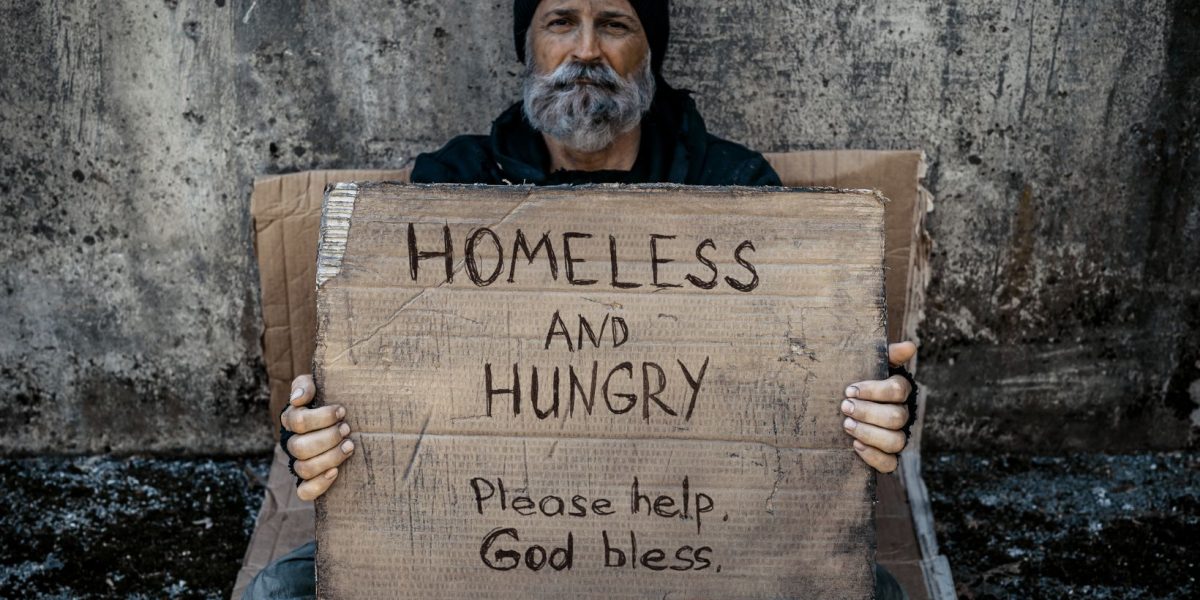A time to reflect
Every year, communities across the United States observe Hunger and Homelessness Awareness Week (H&HAW) during the week leading up to Thanksgiving. This important week, starting on Saturday November 11, 2023 and ending on Saturday November 1, 2023, sheds light on two critical issues that continue to plague our society: hunger and homelessness. Understanding the significance of this week and how you can actively participate is crucial in promoting empathy, awareness, and, ultimately, change.
What is Hunger and Homelessness Awareness Week?
Hunger and Homelessness Awareness Week is an annual event that began in 1975 as an initiative by the National Coalition for the Homeless and the National Student Campaign Against Hunger and Homelessness. It is now recognized across the nation and endorsed by various organizations, schools, and community groups. The week aims to raise awareness about the struggles faced by people who are homeless or food-insecure and to encourage everyone to get involved in addressing these issues.
Why is it important?
Hunger and homelessness are interconnected issues that affect millions of people in the United States. According to the U.S. Department of Housing and Urban Development (HUD), in 2020, over 580,000 individuals experienced homelessness on a single night. Additionally, millions of Americans face food insecurity, not knowing where their next meal will come from. H&HAW highlights the urgency of these problems, educates the public about their causes and consequences, and inspires people to take action.
How to Recognize Hunger and Homelessness Awareness Week
- Learn about the issues: Take the time to educate yourself about hunger and homelessness. Understanding the root causes, challenges faced by those experiencing these issues, and the existing support systems is essential. Many organizations provide valuable resources, articles, and documentaries that offer valuable insights.
- Attend local events: Many communities organize events during Hunger and Homelessness Awareness Week. These events can include food drives, volunteer opportunities, panel discussions, and educational workshops. Check with local charities, schools, and community centers to find out what’s happening in your area.
- Donate or volunteer: The week presents an excellent opportunity to give back to your community. You can donate non-perishable food items, clothing, blankets, or money to local shelters and food banks. Volunteering your time at a homeless shelter, soup kitchen, or other related organizations can make a meaningful impact.
- Spread the word: Use your voice and social media platforms to raise awareness about hunger and homelessness. Share statistics, personal stories, and information about local events. Encourage your friends and followers to join the cause and take part in activities or make donations.
- Advocate for change: Engage with local, state, and federal representatives to advocate for policies and funding that support affordable housing and food assistance programs. Advocacy is a powerful tool for bringing about lasting change on a systemic level.
- Support local businesses that give back: Many businesses run promotions or donate a portion of their profits to charities during Hunger and Homelessness Awareness Week. Patronize these businesses to contribute to the cause while satisfying your own needs.
- Show empathy and kindness: Finally, remember that awareness goes beyond facts and figures. It’s about treating those who are homeless or food-insecure with respect and empathy. Smile at a person in need, offer a kind word, or buy a meal for someone on the streets. Small acts of kindness can make a significant difference in someone’s day.
Conclusion
Hunger and Homelessness Awareness Week is a time to reflect on the challenges faced by our fellow citizens and take action to alleviate their suffering. By recognizing this week and participating in related activities, we can contribute to the broader effort of creating a more compassionate and supportive society, where everyone has access to basic necessities like food and shelter.



